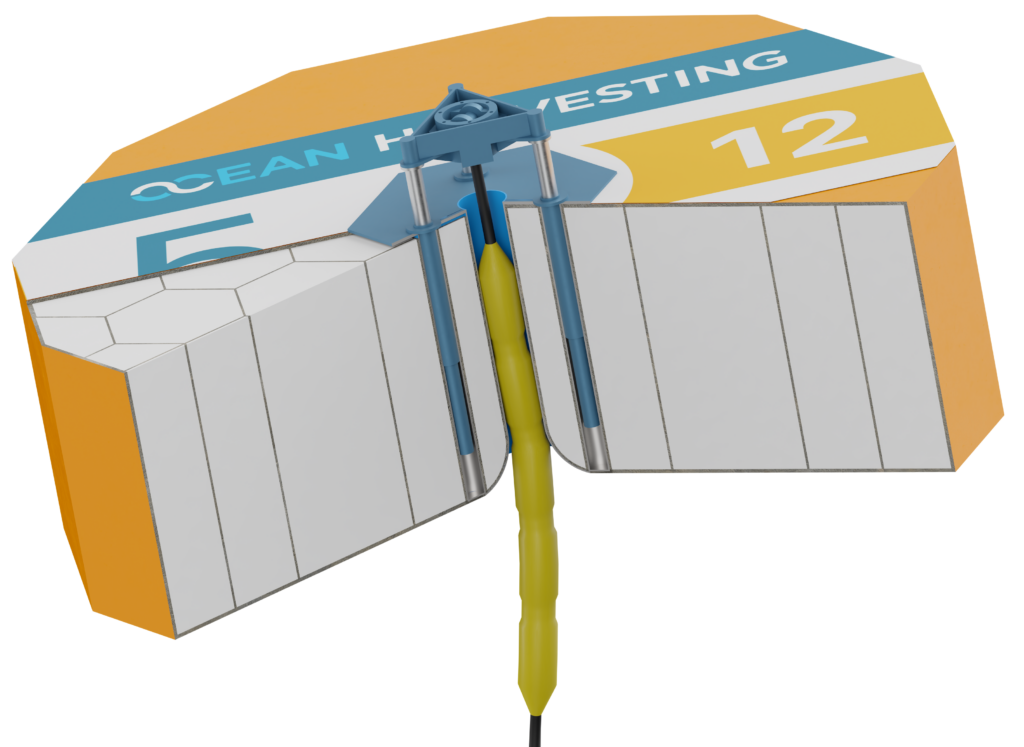2023.12.19
WECHULL+ project to develop novel floating structures based on high-performance concrete and Ocean Harvesting’s buoy design
The WECHULL+ project, co-ordinated by RISE Research Institutes of Sweden, has received a 2.5 MEUR grant from the EU Clean Energy Transition Partnership (CETP) program. The project will develop and test new floating structures of high-performance concrete, reducing cost and CO2 footprint, as well as improving circularity and reliability, in the offshore renewable energy sector. It is a 3-year project, starting in December 2023, implemented by a consortium of research organizations and companies from five European countries (RISE, Delft University of Technology, Carnegie Clean Energy, Ocean Harvesting Technologies, Gdansk University of Technology, SolarDuck, PLOCAN and Pekabex).
Concrete structures are low cost, resistant to the marine environment, and are easy and fast to manufacture on-site (casting), in comparison to manufacturing of traditional steel structures. Concrete is the most used material in the world after water and has a mature value chain enabling local production worldwide. The solutions developed in the WECHULL+ project regarding material, modelling and design will be applicable for floating structures in ocean renewables and other areas.
WECHULL+ is based on the excellent results and proof-of-concept from a previous project (WECHULL), where a new, highly flowable high-performance concrete mix was developed for Ocean Harvesting’s patented thin-walled honeycomb buoy. The solution enables large scale production on site and results in a buoy with a weight similar to a conventional steel hull, but at 4x lower cost, 3x lower CO2 footprint and 10x faster to manufacture.
“Reducing the use of resources and the environmental impact are critical in the energy transition,” says Mikael Sidenmark, CEO Ocean Harvesting Technology. “We are very pleased that our honeycomb design for floating structures will also be tested by other ocean energy developers in sea trials, and we look forward to this collaboration.”

Download press release in English
Download press release in Swedish